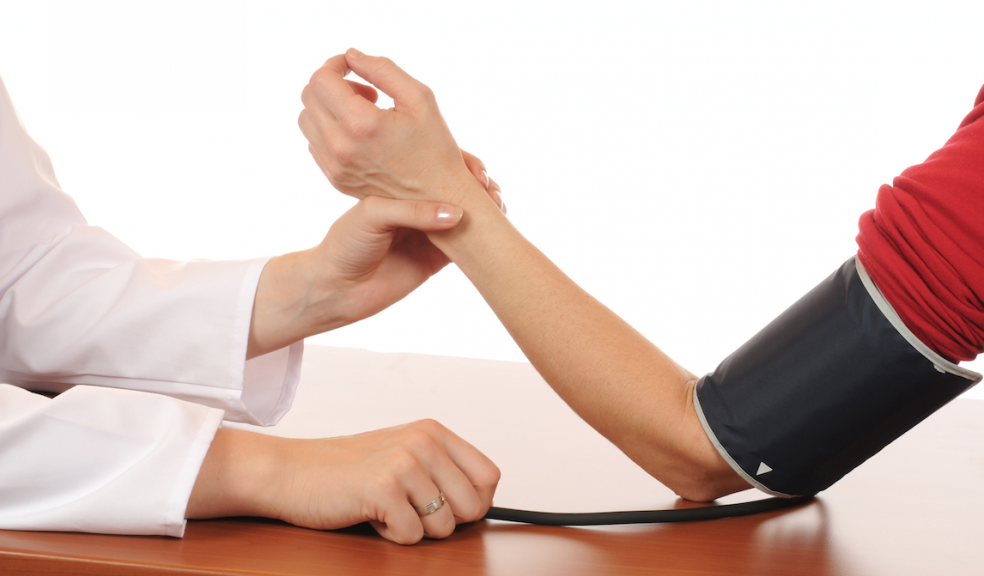
Women ignorant of stroke risk
One in eight women in the UK wrongly believes that a stroke could never happen to them, according to the findings of a poll published today by the Stroke Association(i). Around 30,000 women die from a stroke every year(ii). The condition is the third leading cause of death in women in the UK), and the second biggest killer worldwide(iii).
The charity’s latest poll, commissioned to mark World Stroke Day (29 October), uncovers widespread misconceptions about stroke amongst people living in the South West. The findings, based on the responses of 170 people in the South West who took part in the UK-wide survey (i) show that:
· Four fifths of people living in the South West (78%) did not know that stroke is one of the world’s biggest killers
Only a third of people living in South West (32%) said they thought they would be most likely to have a stroke as they got older.
Ross Evans, Regional Head of Operations for the Stroke Association in the South West said: “It’s extremely worrying that thousands of people in the South don’t even have stroke on their radar. It’s particularly important for women to be aware of their stroke risk; we know that women’s stroke risk significantly increases as they get older, and one in five women will have a stroke in their lifetime. Women have more strokes than men and there are a number of stroke risk factors unique to women, including pregnancy, birth control pills and hormone replacement therapy.
“This should serve as a wake-up call to women of all ages to be aware and better informed of the steps they can take to reduce their stroke risk. Simple lifestyle changes, such as keeping blood pressure under control and stopping smoking, could significantly lower women’s likelihood of having a stroke.”
Ross Evans continued: “Stroke can hit you out of nowhere and rob you of your speech, your ability to walk, your memory, your independence and your dignity. This devastating condition kills three times as many women as breast cancer every year.
“On World Stroke Day (29 October) 2014, we’re urging women in the South to have a better understanding of their risk factors for stroke. We offer advice, information and support on our website and through our Helpline for anyone worried about stroke and its impact. The condition doesn’t have to be inevitable; together we can conquer stroke.”
To mark World Stroke Day, the Stroke Association is launching a new fundraising campaign aimed at raising awareness of the impact of stroke on women. To find out more, and to view information and support available, visit www.stroke.org.uk/women.




















